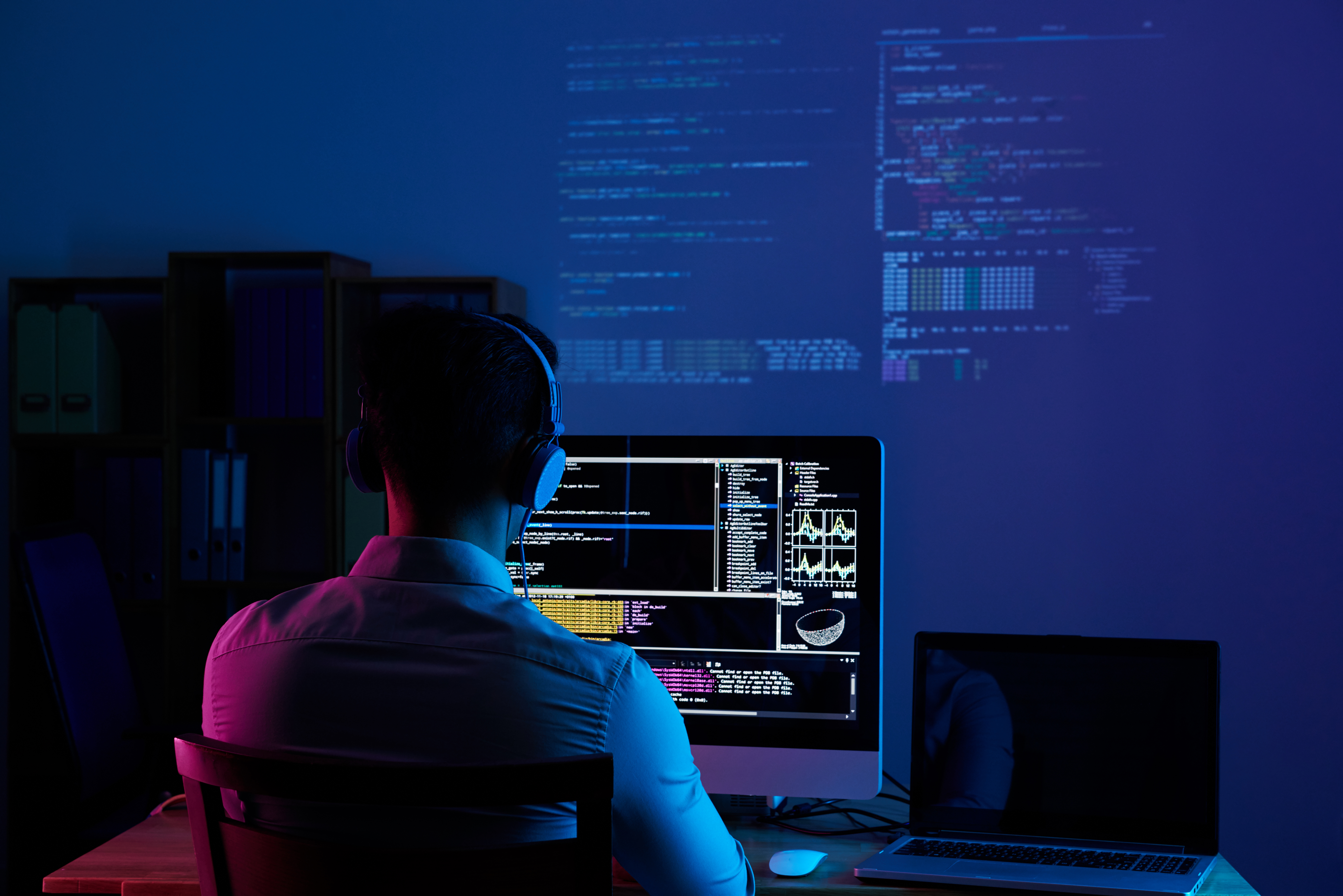The European project Free to Code implemented a training program in Coding for inmates aged between 18-60 years old, through a methodology of non-formal and informal learning. The program addressed from digital literacy up to the basics of Coding and aimed to improve their job opportunities and for successful reentry through business and technology training.
Coding education is about promoting computational thinking, combining Mathematics, Logic, Algorithms, teaching a new way to think about the world. Computational thinking teaches how to tackle large problems by breaking them down into a sequence of smaller, more manageable problems, it helps our logic go from specific solutions to general ones.
The aim of the project was to:
-
- Give people a second chance, turning their lives around, and training them in a skill set that has a high demand
- Favour access to digital education for adult learners, reducing the digital gap and disparities between adult vulnerable people in the use of ICT tools.
- Promote digital learning, increase literacy, numeracy, and key competences of adult people with a disadvantaged background namely prisoners about to leave the custody.
The partnership was made of 7 brilliant members such as European Strategies consulting from Romania, project coordinator, Jilava prison in Bucharest, Becode and Asturia from Belgium, Portuguese Aproximar, Greek AVACA technologies and European Digital Learning Network from Italy.
During the progress of the project, different results have been developed:
- An interactive, multifunctional platform for adult education
- Training contents, interactive exercises and programming games
Intellectual Output 1 – Best Practices Report on Coding for Detained Learners
This Output delivered an up-to-date in-depth analysis of detained people in order to deeply explore the attitudes and gaps of these specific adult people in the partner countries as for the specific themes of coding and computational thinking.
A survey was developed which proved the following points to be necessary:
- Provide relevant data to deliver policy recommendations to decision-makers;
- Identify differences and specific needs of the target group that may be relevant to the development of customised contents and tools;
- Detect divergences between countries and common issues that may be relevant to a European audience of adult detained learners.
Intellectual Output 2 – FREE to CODE Training Platform
This Output delivered a set of training materials accessible online via an interactive e-learning platform, all materials can be downloaded in order to make sure to meet all prisons rules in Europe. The platform includes contents, interactive exercises for understanding theory and programming games. In particular, the games push participants to develop apps, games, or simple tools, which they can use for presenting their profiles for future jobs opportunities and show to learners how practical computer programming can be. The contents were developed in English and were translated into partners’ national languages: Italian, French, Romanian, Greek and Portuguese.
In February 2021 the project has come to an end and it’s important to say how the team managed to successfully finalize the project with a short prolongation, regardless of the severe difficulties we all met during 2020. The state of health emergency has, as we well know, blocked the possibility for all of us to travel abroad and to reunite. The technology was fundamental, from this point of view, because it allowed us to continue working, to exchange ideas and finally to finalize the project as planned in unsuspecting times. This condition has required all of us additional efforts so we believe that the results obtained during this period are of greater success and value.
The Free to Code project is co-financed by ERASMUS + programme ( KA2 – Strategic Partnerships for adult education). ERASMUS+ is the new EU programme for Education, Training, Youth, and Sport (2014-2020).
Find out the best practices developed for this European project on www.free2code-initiative.eu
